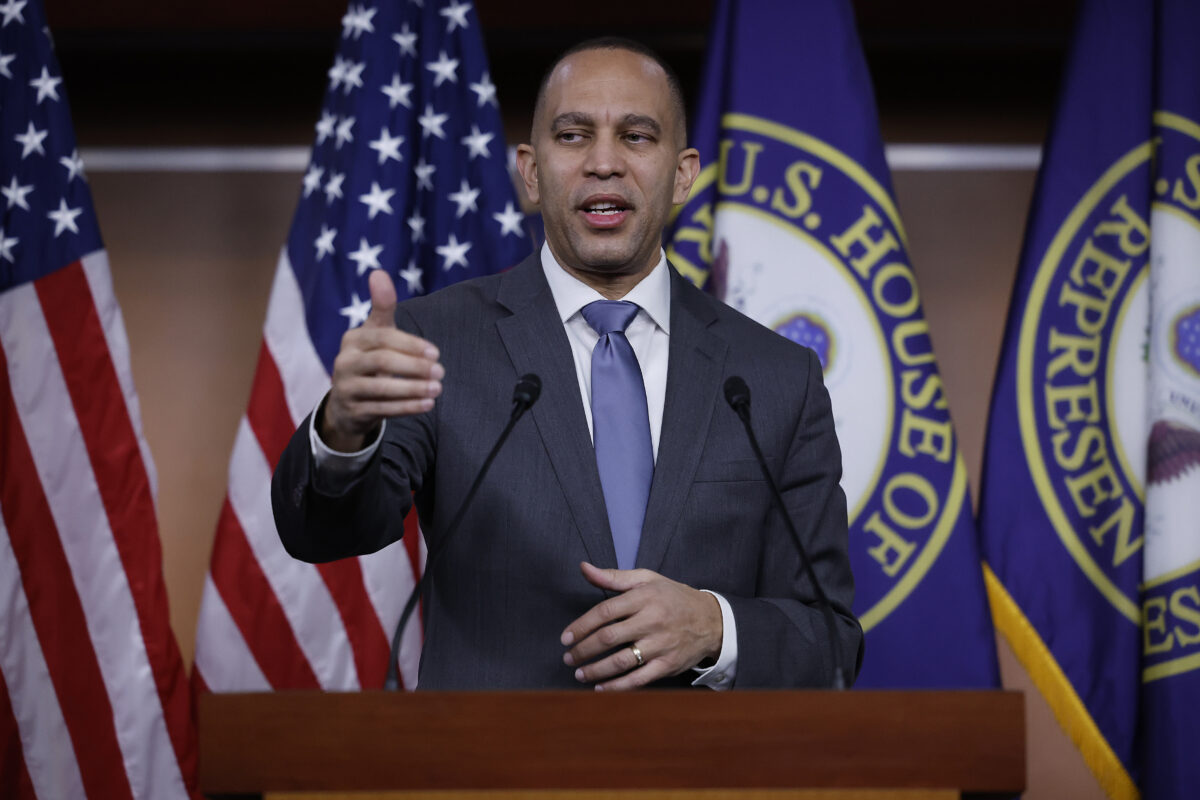House vote on Debt Ceiling Bill approved, expected to pass.
The Fiscal Responsibility Act Clears Procedural Hurdle
The Fiscal Responsibility Act has cleared its last procedural hurdle, paving the way for an up-or-down vote on the measure by the full House.
The House approved a rule to limit debate on the bill and bar any amendments to the bill in a bipartisan vote of 241 to 187.
The bill represents a compromise agreed to by President Joe Biden and House Speaker Kevin McCarthy (R-Calif.) to suspend the nation’s debt ceiling through Jan. 1, 2025, while cutting non-defense discretionary spending slightly in 2024 and increasing it by 1 percent in 2025.
The bill also contains permitting reforms for oil and gas drilling, changes to work requirements for some social welfare programs, and clawbacks of $20 billion in IRS funding and $30 billion in unspent COVID-19 relief funds.
In the absence of congressional action to allow additional borrowing, the United States would lack the ready cash to pay all of its bills on June 5, according to Treasury Secretary Janet Yellen.
Eventual passage of the bill is likely as the leadership teams for both parties in the House have endorsed it and members on both sides of the aisle have pledged their support.
Bipartisan Support
House Minority Leader Kevin McCarthy presented the bill as a win for Republicans.
“I believe this is an agreement in principle that’s worthy of the American people,” McCarthy told reporters on May 29. “It has historic reductions in spending, consequential reforms that will lift people out of poverty into the workforce, and reign in government overreach.”
“I’m confident we’ll pass the bill,” McCarthy told reporters on May 31.
Minority Leader Hakeem Jeffries (D-N.Y.) pledged unreserved support for the bill despite concerns about some of its content.

“I made it clear that I’m going to support the legislation that is on the floor today, and I have supported it without hesitation, reservation, or trepidation,” Jeffries said at a morning press conference. “Not because it’s perfect. But in a divided government, we cannot allow the perfect to be the enemy of the good.”
Some members of the House Freedom Caucus have vocally opposed the legislation because it did not adhere to the stricter provisions of the original bill, the Limit, Save, Grow Act. They accused McCarthy of squandering the negotiating power gained by passing that bill in April.
Caucus Chair Scott Perry (R-Pa.) said the deal traded “at least $4 trillion in debt for nothing, from the strongest position a Republican has had generally, and certainly in our elected lifetime.”
“This deal fails, fails completely,” Perry said.
Key Takeaways:
- The Fiscal Responsibility Act has cleared its last procedural hurdle, paving the way for an up-or-down vote on the measure by the full House.
- The bill represents a compromise agreed to by President Joe Biden and House Speaker Kevin McCarthy (R-Calif.) to suspend the nation’s debt ceiling through Jan. 1, 2025, while cutting non-defense discretionary spending slightly in 2024 and increasing it by 1 percent in 2025.
- The bill also contains permitting reforms for oil and gas drilling, changes to work requirements for some social welfare programs, and clawbacks of $20 billion in IRS funding and $30 billion in unspent COVID-19 relief funds.
- Eventual passage of the bill is likely as the leadership teams for both parties in the House have endorsed it and members on both sides of the aisle have pledged their support.
Despite some opposition, the bill has received bipartisan support and is expected to pass.
" Conservative News Daily does not always share or support the views and opinions expressed here; they are just those of the writer."





Now loading...